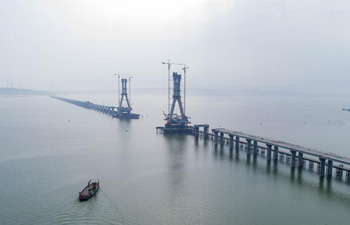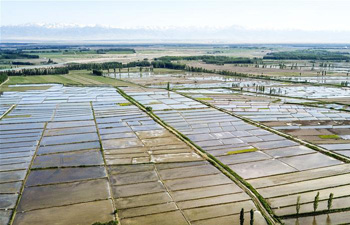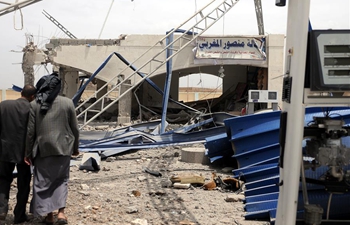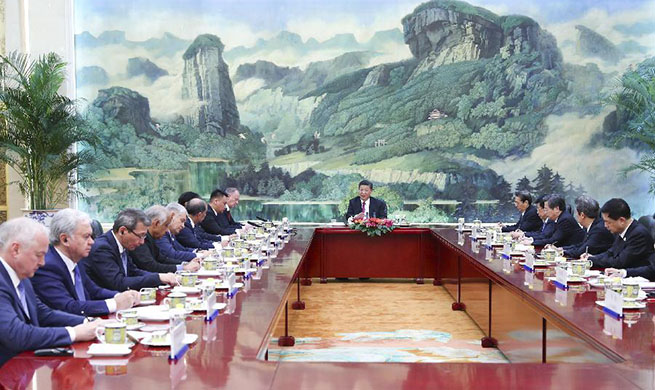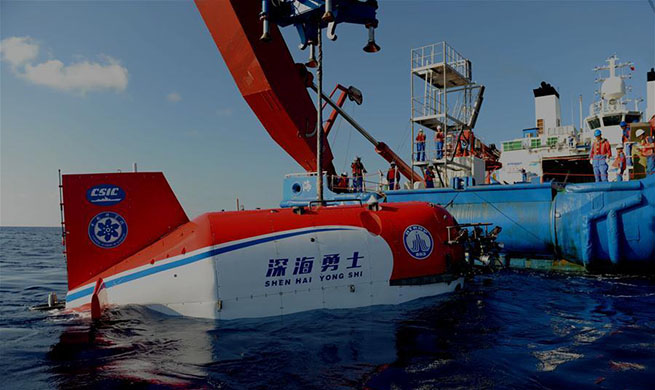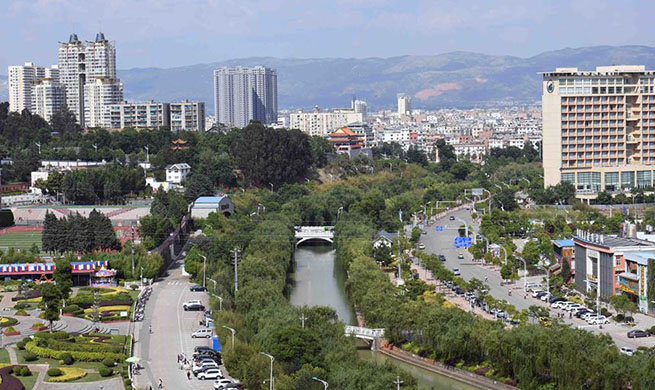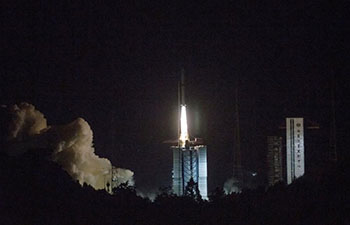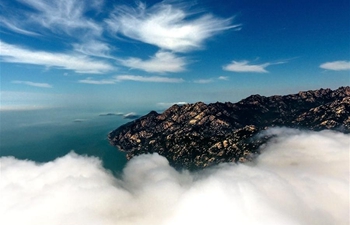BEIJING, May 22 (Xinhua) -- China will coordinate with countries from Asia and Oceania to conduct satellite remote sensing observation along the Mekong River, according to the website of Chinese Academy of Sciences (CAS).
The first international conference of the Asia-Oceania Global Earth Observation System of Systems (AOGEOSS) Initiative concluded on May 18 in Deqing in east China's Zhejiang Province. The Deqing Action Plan was passed during the conference to carry out remote sensing observation in regions along the river.
Member countries and international organizations of the AOGEOSS will accelerate the building of the Asia-Oceania comprehensive Earth observation system to promote the sustainable development and prosperity within the region, according to the Deqing Action Plan.
Remote sensing observation along the Mekong River will push forward research in ecosystem assessment and disaster monitoring.
The Mekong River basin faces problems such as complicated geographical conditions, volatile weather, frequent natural disasters, and unbalanced development, said Gu Xingfa, researcher at the Institute of Remote Sensing and Digital Earth of CAS.
Earth observation technology plays an important role in dealing with global change, said Gu.
The Deqing Action Plan said China will coordinate with other countries within Asia and Oceania that have satellite observation capabilities to provide a high-resolution land surface database and share free high-quality satellite data.
The AOGEOSS was launched by China with participation from countries in Asia and Oceania. It is a regional cooperation program on Earth observation with broad involvement to meet the strategic overall objectives of the Group on Earth Observations (GEO).
The AOGEOSS aims to strengthen Earth observation abilities and applications for sustainable development at the national, regional and global levels.
The initiative is jointly promoted by 12 major Asia-Oceania member countries -- including China, Japan and Australia -- and 13 international organizations.
GEO has 105 member countries from across the globe and aims to use earth observation data that is partly collected using satellite technology to improve living conditions.




